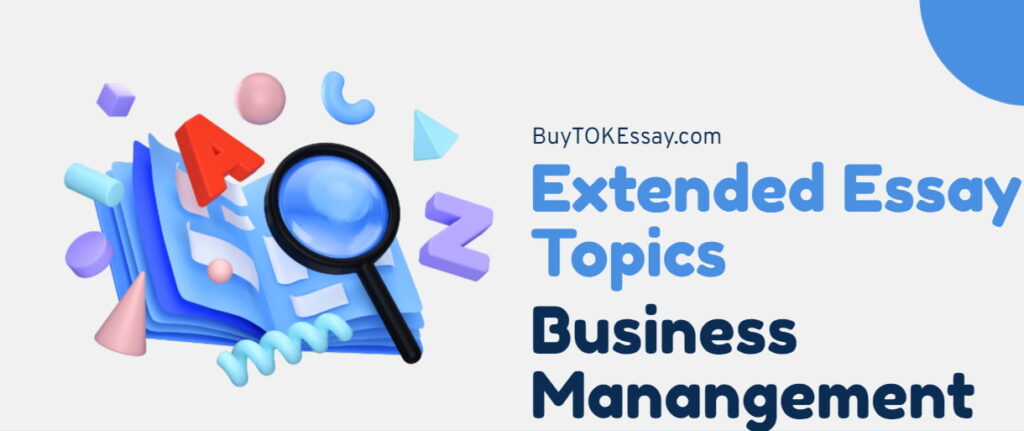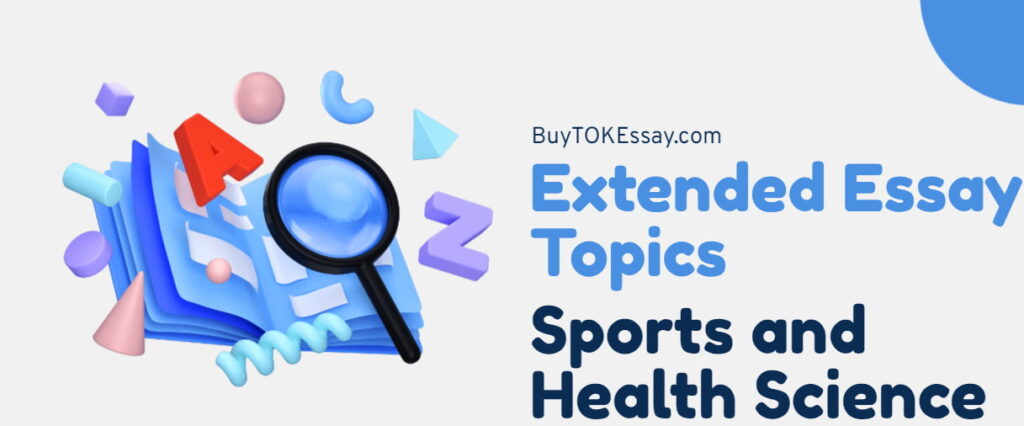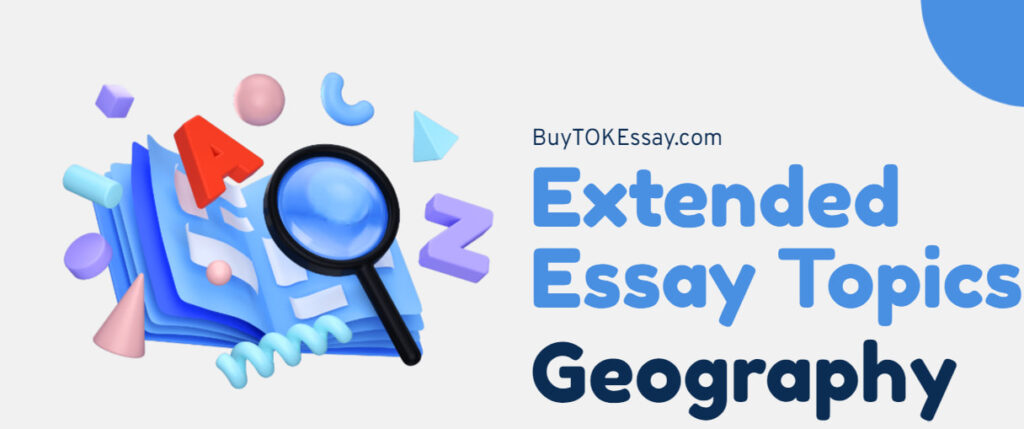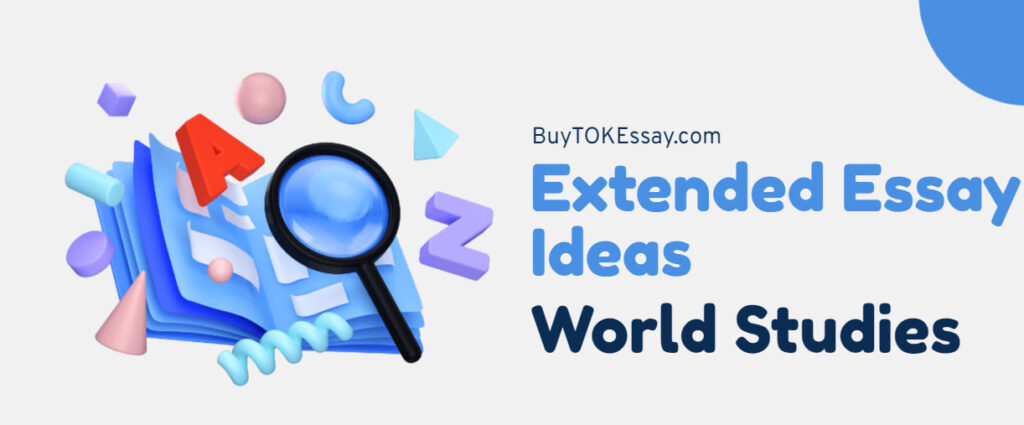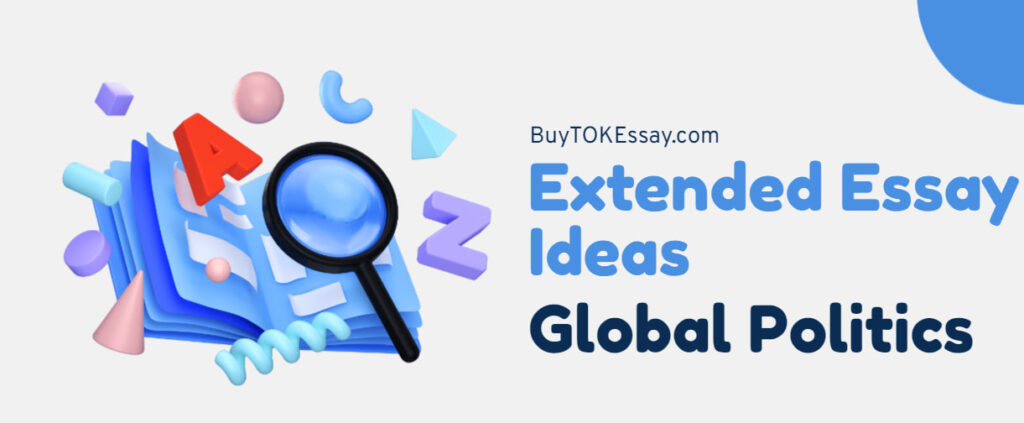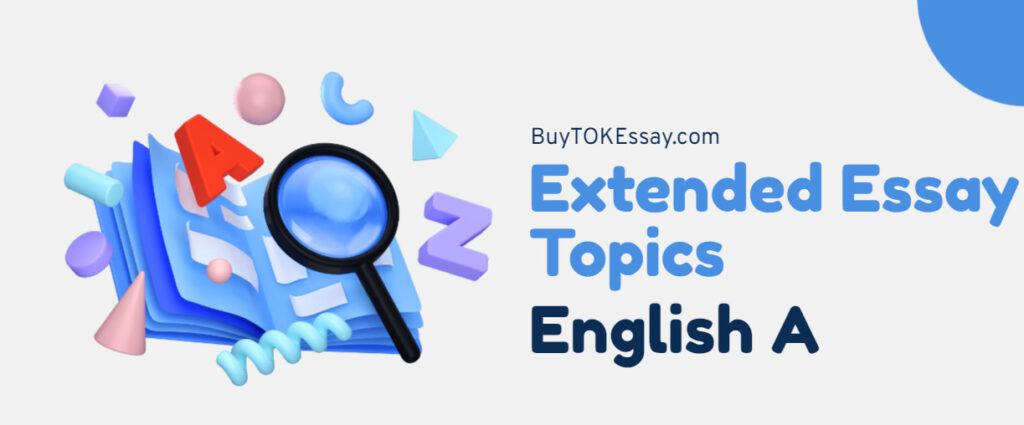Economics is a great subject for an Extended Essay writing because it blends theory, facts, and real-world applications in a way that is interesting and useful to all critical and curious minds. It’s one of the most interesting subjects to me because it tests more than just what you know; it also shows how well you can use it.
- What Is an Economics Extended Essay Subject?
- Who Should Choose Economics as an Extended Essay Subject?
- Assessment Criteria for the Economics Extended Essay
- What Is the Structure of the Economics Extended Essay?
- Is Economics a Hard Subject for an Extended Essay Writing?
- Need Help with Your IB Extended Essay?
- How Our IB Experts Can Help You Succeed?
- Wrapping Up
What Is an Economics Extended Essay Subject?
The IB Economics Extended Essay is a self-driven research essay of up to 4,000 words in which you examine a specific question using economic theory and empirical data. The International Baccalaureate says that the Economics course in the Diploma Programme “looks at how decisions are made at the micro, macro, and global levels using economic theories.”
This essay, in my opinion, is your chance to play the role of an economist. You examine how governments, corporations, and consumers make choices in times of scarcity and how those choices affect equality, sustainability, and well-being.
What the subject comprises is outlined in the table below.
| Aspect | What it means in practice |
|---|---|
| Research question | You must craft a focused, specific question you will investigate through data and theory. |
| Use of economic theory | You apply models (like supply & demand, market structure) and concepts (efficiency, equity). |
| Empirical analysis | You collect or use data (charts, statistics) to support your argument. |
| Critical evaluation | You assess outcomes, limitations, and draw justified conclusions. |
By the way, Economics is a unique subject for an Extended Essay because it gives you a lot of freedom. You can study either microeconomics or macroeconomics.
In addition, you should either gather your own information or use public sources, such as international databases and government papers. It’s a research project where real-life evidence meets your interest.
When you go from theory to research, you will also connect your topic to problems in the actual world. IB encourages students to do research on current economic activities and results while “appreciating both the values and limitations of economic models.”
The Economics Extended Essay subject is, in essence, a dynamic mix of theory, data, and independent thinking.
Who Should Choose Economics as an Extended Essay Subject?
This subject will feel easy to you if you like making connections between numbers and real-life choices, policies, and evidence.
This essay will be especially helpful to students who already study IB Economics. You will be able to use what you’ve learned in class, like elasticity, market structure, or externalities, in the real world. This task is your chance to research something that really interests you. Writing the IB Economics Extended Essay also helps you think more critically, examine data, and make rational arguments, all of which are essential skills for college.
So, who stands to gain the most from this subject?
- IB students who are already taking the Economics classes and wish to learn more about economic theory.
- Students interested in university majors such as Economics, Business, Finance, or International Relations.
- Those who want to work in consulting, government, banking, data analysis, or research in the future.
- Curious students who enjoy interpreting trends, data, and human behavior.
This subject also appeals to students who like structure and independence at the same time. The topic selection, data collection, and argument development are all within your control as the researcher.

Assessment Criteria for the Economics Extended Essay
Your essay is assessed using a general framework used across all subjects, but each criterion has a specific focus in Economics.
Also, note that the assessment has been revised from 34 to 30 points in total (first assessment in 2027).
| Criterion | What It Assesses | Focus |
|---|---|---|
| A – Framework for the essay | The quality of the research question, structure, and method | Is your research question clear, and is your structure logical and methodologically sound? |
| B – Knowledge and understanding | Mastery of subject matter and use of relevant concepts | Do you demonstrate accurate economic knowledge and apply it to your topic? |
| C – Analysis and line of argument | Depth and logic of analysis, development of argument | Is your reasoning consistent, and do you interpret data using proper economic models? |
| D – Discussion and evaluation | Balance, insight, and reflection on findings | Do you evaluate outcomes, recognize limitations, and show critical thought? |
| E – Reflection | Engagement and personal insight in the research process | Have you reflected on how your thinking evolved throughout the essay? |
Criteria C and D are especially important. Examiners love it when you can connect data to theory, examine it in a useful way, and evaluate results instead of just describing them.
At this point, strong involvement and clear methods are just as crucial as economic theory.
Also, your Economics EE grade will still add up to three extra points to your total Diploma score when you add it to your TOK grade.
What Is the Structure of the Economics Extended Essay?
Your Extended Essay on Economics must include certain parts that let the examiners follow the path of your research.
Introduction
Your research question and the reasons it merits investigation should be spelled out in detail here.
A good introduction, in my opinion, also gives a quick overview of the situation, including the local significance, the economic background, and what to anticipate.
Theoretical Background
The theory follows. To frame your investigation, use pertinent economic models such as market structure, elasticity, or supply and demand.
Keep in mind that this portion demonstrates your comprehension of the economics supporting your question.
Methodology and Data
According to general IB expectations, your data must be valid, reliable, and well-explained. Whether you collect it yourself (through surveys or interviews) or use secondary data (from the IMF, World Bank, or national statistics), always justify your sources.
Remember, clarity and transparency in your method build trust in your argument.
Analysis and Discussion
This is the main point of your essay. Here, you should use graphs or tables to apply theory to data and figure out what they mean.
However, don’t simply talk about statistics; explain why they are important as you go from one part to the next. The examiner wants to see how you got to your answer, not simply the numbers.
Evaluation and Conclusion
Finally, go over your findings. Were there any limits? Could a different factor have changed the result? From my perspective, the best essays also talk about all limitations honestly.
Then, finish with a coherent response to your research question that sums up your findings.
Is Economics a Hard Subject for an Extended Essay Writing?
This subject isn’t hard, yet it is demanding when it comes to writing your Extended Essay.
As someone who works with IB students, I can say that this is one of those subjects that depends on you. As long as you don’t mind working with data and like looking at problems in the real world, you’ll enjoy it. You might need to put in a little more work, though, if numbers and graphs scare you.
The IB Economics Extended Essay can feel tricky because it asks for both theory and real-life application. You have to show how economic ideas work in practice. That means researching things like housing prices, taxes, or local business trends and then connecting them to models you’ve studied in class. So, it’s a lot more “hands-on” than most essays, and that’s what makes it unique.
Just so you know, it can be hard for many students to find good data. Sometimes you’ll have to look into government or company reports to find information you can trust. But don’t worry, because the IB isn’t expecting research as good as that of a professional economist. It’s important that you know what your data means and can explain it.
Also, keeping your mind on the task is the hardest part. Many students pick an extensive topic at first, but then quickly realize it’s too broad. But when you focus on a small part of it, like how one strategy impacts a single market, the whole essay starts to make sense.
So, does Economics get hard for the Extended Essay? It can be, but once you choose a topic you’re interested in, you’ll find it fun to make connections between what you’ve learned in school and how the economy actually works.

Need Help with Your IB Extended Essay?
Maximize your potential and boost your Extended Essay’s excellence with the help of our experts!
Whether starting from scratch or fine-tuning your existing assignment to meet your supervisor’s demands, the BuyTOKEssay.com team is here to make your dream of a perfect paper a reality. Say goodbye to writer’s block and hello to success with just one click.
How Our IB Experts Can Help You Succeed?
Remember that you don’t have to do everything by yourself if you ever feel lost. Our team has helped a huge number of students with their Extended Essays on Economics and other IB projects here, at BuyTOKEssay Service. We support you with everything, from choosing a topic to making sure your essay meets all IB requirements.
When you’re working on your TOK essay, Internal Assessment, or Extended Essay, getting comments from a professional can help you feel more confident.
Wrapping Up
To be honest, the Economics Extended Essay subject is a lot more interesting than it might sound at first. You get to use real examples, real data, and actually see how the theories from class work in real life. It can feel a bit hard at the beginning, but once you pick a topic that makes sense to you, things start to flow naturally.
From what I’ve seen, students who plan early, keep their questions simple, and stay consistent with their analysis usually do really well. You don’t need to be a genius, so just be curious and willing to learn along the way.
And if you’re stuck trying to find a topic, don’t worry, we already have lots of great ideas to help you get started with the research process.
